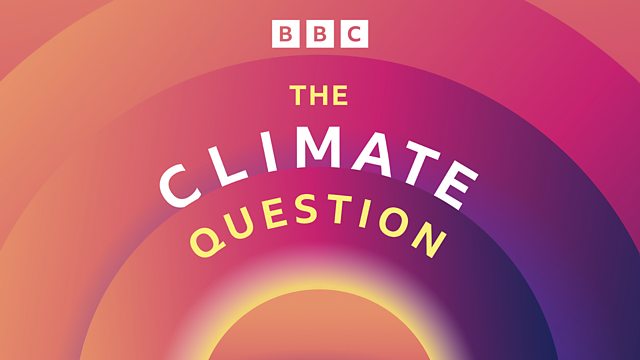
What can we do to stop rising levels of methane?
Kate Lamble and Neal Razzell examine some innovative ways scientists are helping to cut methane emissions, a gas 80 times more potent than carbon dioxide.
Recent research shows that levels of methane gas in the atmosphere are rising rapidly. It is over 80 times more potent as a greenhouse gas than carbon dioxide and so poses a major threat to the world’s goal of limiting global warming to 1.5 C.
At COP26, over 100 countries signed a Global Methane Pledge to reduce man-made emissions by 2030 – experts say cutting methane emissions is ‘the most powerful lever we have for reducing warming... over the next 30 years’.
So what can be done to stop the levels rising further? We hear how farmers in Bangladesh, along with other parts of Asia, are using wetting and drying techniques in rice paddies to reduce emissions; how cows are being fed special dietary supplements with a surprising ingredient: seaweed; but why naturally occurring wetlands are a cause for concern.
Presenters Kate Lamble and Neal Razzell are joined by:
Xin Lan, Greenhouse Gas Scientist with NOAA and University of Colorado
Drew Shindell, Special Representative on Methane Action for the Climate and Clean Air Coalition
Ermias Kebreab, Professor at the Department of Animal Science at the University of California, Davis,
Humnath Bhandari, Bangladesh country representative, International Rice Research Institute.
Producers: Alex Murray and Serena Tarling
Researcher: Immy Rhodes
Reporter: Akbar Hossain, ÃÛÑ¿´«Ã½ Bengali
Series Producer: Alex Lewis
Sound engineer: Tom Brignell
Editor: Richard Vadon
Duration:
This clip is from
Featured in...
![]()
Curious Collection
Lab-grown meat: Discover and explore more by taking a trip down the audio rabbit hole...
More clips from The Climate Question
-
![]()
Can tourism really help the environment?
Duration: 03:47
-
![]()
Does climate change mean a future without coffee?
Duration: 02:11
-
![]()
'Why my father wanted an aquamation'
Duration: 03:10
-
![]()
A future alternative to meat?
Duration: 05:21






